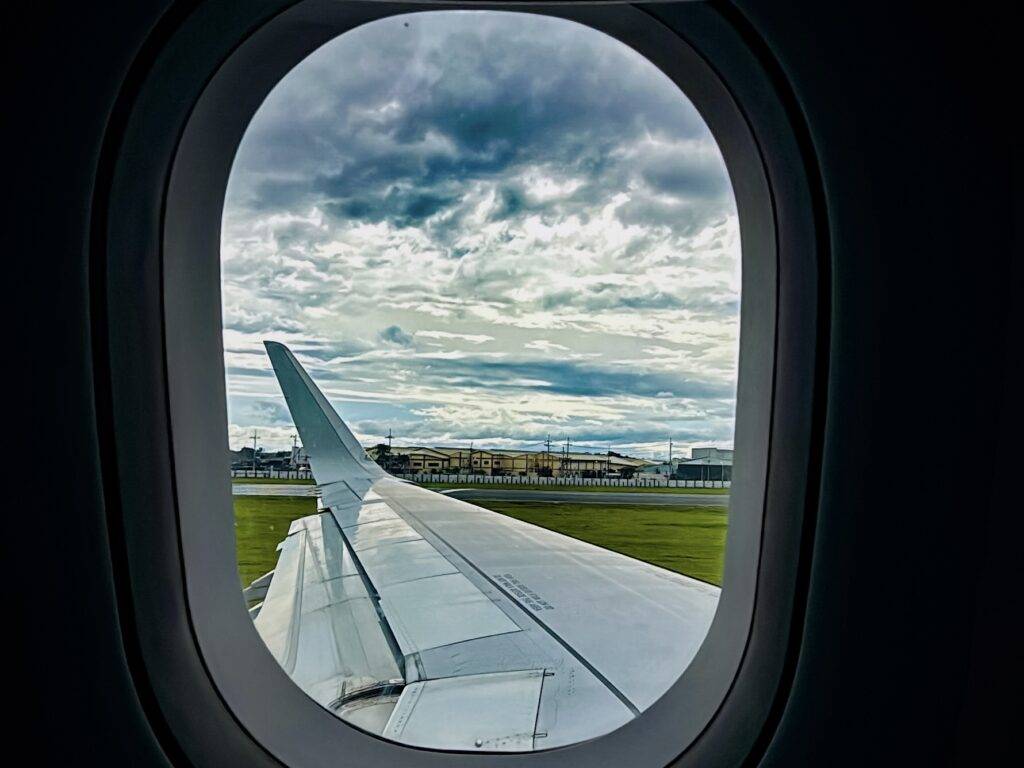Finding home abroad changed how I understand what “home” truly means. I once believed home was a place — a house, a neighborhood, the rhythm of daily life with familiar faces. But after leaving the Philippines to live and work overseas, I realized that when you’re living between places, home becomes something deeper — something you build within.
This is my story of how I struggled, adapted, and slowly created a sense of home abroad — one moment, one connection, one mindset shift at a time.
What Home Meant Before Moving Abroad
Before I moved abroad, home was simple: my family, our shared meals, the comfort of being known without explanation. It was where I could rest, speak freely, and be myself without trying.
To me, home meant safety. It was both a place and people — those who knew my story, my language, my humor.
Feeling Displaced While Finding Home Abroad in Thailand
Thailand was the first country I moved to. The weather, the food, the faces — some parts felt familiar. But emotionally, I was a stranger.
I didn’t speak the language. I couldn’t read the signs. Even though some Thais looked like Filipinos, the feeling of being out of place lingered. The distance from my family and the life I knew brought a strange kind of silence I wasn’t prepared for.
I’d catch myself thinking: “I’m really here. But I’m not home.” That tension was the beginning of my journey toward finding home abroad.
Struggling to Belong While Finding Home Abroad
At times, being unknown gave me freedom — I could try new things, be bolder, unafraid of judgment. But I also felt small, isolated by language and cultural gaps.
I coped by observing. I learned greetings and mannerisms. I asked questions. I started to understand the little things — the wai gesture, the importance of hierarchy, the kindness behind quiet smiles. Slowly, the unfamiliar began to feel less foreign.
Belonging didn’t arrive all at once. It came in fragments — a conversation I understood, a student calling me “teacher,” a local shopkeeper remembering my name.
Redefining What Finding Home Abroad Means
Over time, I discovered that finding home abroad isn’t about replicating your old life — it’s about creating peace in your new one. It’s daily rituals, shared laughter with coworkers, and slowly letting a new culture shape you.
My job as a teacher grounded me. Watching Thai shows with subtitles helped me understand humor, values, and nuances. I stopped chasing the feeling of “home” and instead started building it — piece by piece.
Now, I see home as flexible. It’s not where I started — it’s where I feel safe and free to grow.
Living Between Places: The In-Between Reality
There are still moments when I feel like I’m floating — not fully here, not fully there. But I’ve learned to make peace with that space. It’s not emptiness — it’s possibility.
Being open-minded helped. I reminded myself that different doesn’t mean wrong. I chose to learn, not resist. I stayed connected to people back home, but I also reached out in my new environment.
Finding home abroad became less about geography and more about mindset — about learning to be present in a place even when your heart still aches for another.
Advice for Anyone Struggling to Feel at Home Abroad
If you’re on your own journey of finding home abroad, here’s what helped me most:
- Know yourself. The more grounded you are in who you are, the easier it is to adapt without losing your identity.
- Learn the local culture. Even a few words or shared customs can create connection.
- Stay connected. Keep your loved ones close — emotionally, even if not physically.
- Be kind to yourself. You’re adjusting, grieving, growing — all at once. That takes courage.
Platforms like Expatica and OFW Guide offer helpful advice for navigating expat life or adjusting as an OFW — both practically and emotionally.
Conclusion
I used to think home was where I started — now, I believe it’s something I carry and create.
Finding home abroad isn’t a destination. It’s a journey. It’s learning to stay open, to adapt, to love even the hard parts.
Maybe home isn’t a place at all. Maybe it’s a feeling — a quiet peace — that you choose to build, one day at a time.
Finding home abroad changed how I understand what “home” truly means. At first, I believed home was a physical place — a house, a neighborhood, the rhythm of daily life with people I loved. But after leaving the Philippines to live and work overseas, I realized that when you’re living between places, comfort and belonging take on a new meaning.
This is my story of how I struggled, adapted, and slowly built a sense of home abroad — one moment, one connection, one mindset shift at a time.

FAQ – Finding Home Abroad
Q: What does finding home abroad really mean?
A: It means building a sense of belonging, peace, and identity in a place that’s unfamiliar — through routines, relationships, and a shift in mindset.
Q: How long does it take to feel at home abroad?
A: It varies. For some, it takes a few months. For others, years. The key is openness, self-compassion, and creating connections over time.


